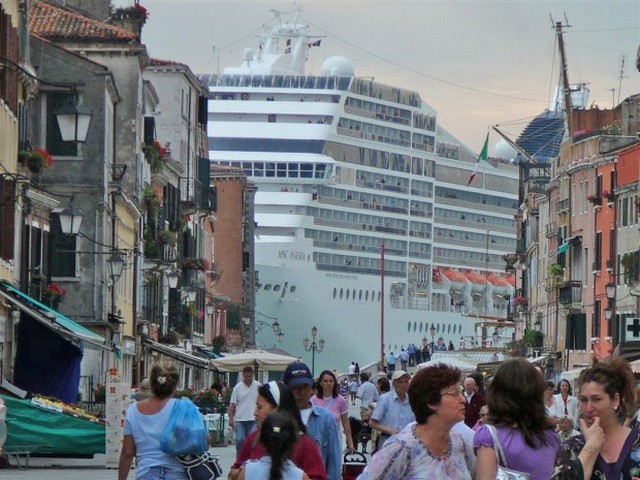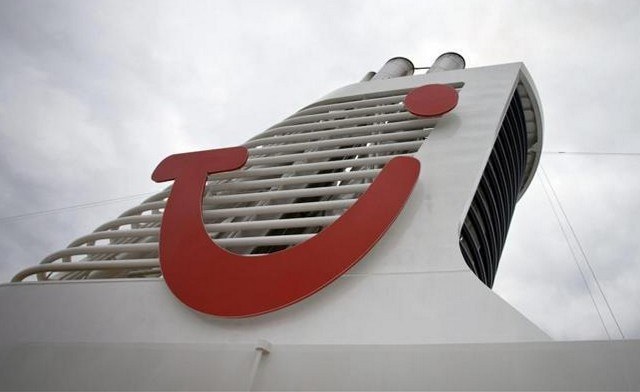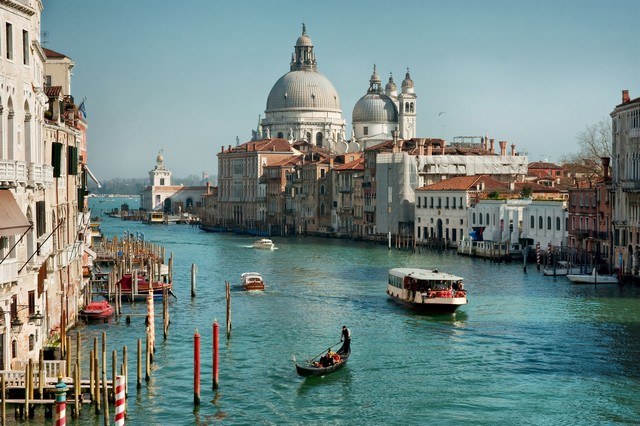TUI’s boss protests against the anti-cruise crusades. It is true that there is not a week in the world where you will find a review on one of the social networks or in the media on cruise ship tourism. » They pollute the atmosphere. They dump waste into the sea. They are responsible for mass tourism « . We at La Quotidienne take a look at what Fritz Joussen, the head of the German tourist group, said.
Some port cities complain about the impact of cruises
 During a press conference, the boss of TUI said that cities that complain, must blame themselves. He explains: « Cruises do not fall from the sky. If a city does not want cruise ships in their port, they will not go « . He insists that the sector is regulated and that companies pay for entry permits or slots granted by local entities.
During a press conference, the boss of TUI said that cities that complain, must blame themselves. He explains: « Cruises do not fall from the sky. If a city does not want cruise ships in their port, they will not go « . He insists that the sector is regulated and that companies pay for entry permits or slots granted by local entities.
Venice is one of the most obvious cases
Fritz Joussen does not hesitate to mention the case of Venice. It is clear that tourism is very important in the famous lake city.
Large cruise ships are often cited as the cause of problems. First, he points out that only 1.5 million of the 20 million tourists who visit the Italian city each year (barely 6%) arrive by sea.
 The TUI group also assumes no responsibility for this saturation, since none of its ships go to the Venice lagoon.
The TUI group also assumes no responsibility for this saturation, since none of its ships go to the Venice lagoon.
TUI Cruises must get into GLN
Pollution from ships in Norwegian fjords can have a significant impact on the environment. This is why, in this area, the regulations on ship pollution have recently been tightened.
 In this sense, he admitted that the ships in his fleet, called diesel fuel, had to adapt to liquefied natural gas (LNG) systems, which are much less polluting.
In this sense, he admitted that the ships in his fleet, called diesel fuel, had to adapt to liquefied natural gas (LNG) systems, which are much less polluting.
He said they were working on modernizing their fleet, although LNG ships will not arrive at TUI Cruises until 2023.
Tourism is constantly growing
The growth of tourism in recent years has been spectacular because people have a longer life expectancy. They are healthier and this allows them to travel.
The TUI boss also explains that there is no indication that younger people will intend to travel less to protect the environment;
Serge Fabre